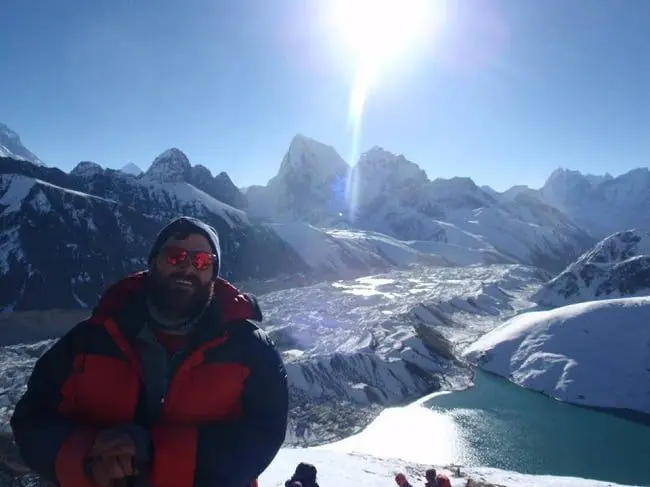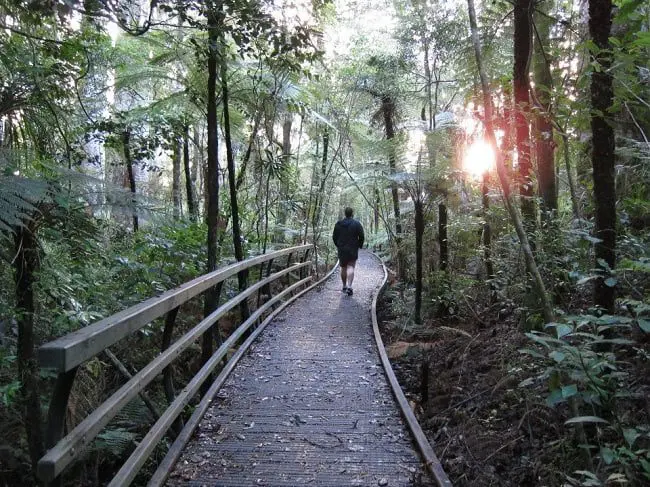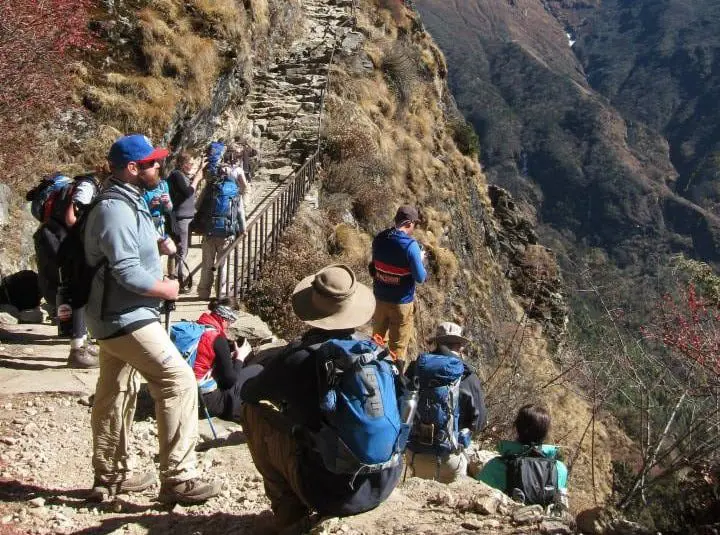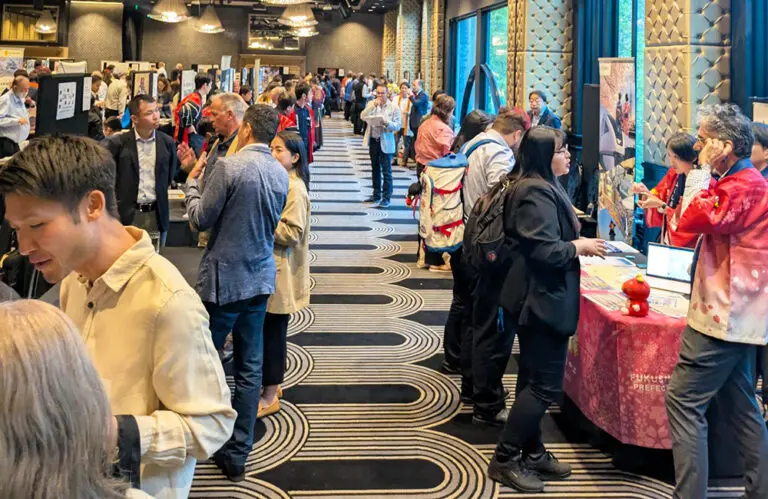With sustainable tourism fast climbing the travel and tourism agenda, we’re discussing the topic with travel industry leaders and change makers and asking them how they think we can #Traveltochangetheworld.
In our latest ‘Travel to change the world’ interview, Intrepid’s Leigh Barnes, who will take up the newly created role of chief purpose officer in July, shares his thoughts and ideas on how we can all do our bit to sustain the industry and leave a legacy of goodness.
What was it that inspired you to join the travel industry?
I love travel, of course. But it was the people that work in the industry both at home and on my travels that really made me want to be part of it.
Everyone I met was so welcoming and so real. They shared a passion for travel and for creating amazing experiences for others.
What concerns you about the industry today in terms of its long-term viability?
I strongly believe that individually and collectively the tourism industry needs to step up and take more responsibility for ensuring people see the world in a sustainable way.
The tourism industry is growing rapidly and the future of our industry depends not only on preserving our national parks, oceans, and heritage sites, but also on sustainable tourism development in our cities and communities.
But one of the biggest problems facing our industry is one that we don’t like to talk about: climate change.
There’s no point burying our heads in the sand, it’s happening and there needs to be a greater focus on carbon management in our industry to protect the future of travel.
It took Intrepid four years to become a carbon-neutral business operating carbon-offset trips but we achieved it in 2010.
We’d love to see other establish a carbon-management program and we’re happy to share information on how we do it.
There is a sense of urgency on protecting the environment and sustainable travel experiences needs to become not only a focus, but a priority.
Do you think travel can change the world?
Travel has the ability to change the world.
When travel is focused on local, community-based experiences, travellers truly grow to have a greater acceptance and empathy for the communities they visit and the people they meet.
When that connection is formed, people from different cultures and diverse backgrounds better understand each other and the world we all share – that understanding is powerful.
Are you seeing positive change happening in the industry that you really admire?
It’s great to see that the travel industry is beginning to recognise that voluntourism trips to overseas orphanages actually do more harm than good. Research has found 80% of orphans have at least one parent at home.
18 months ago, Intrepid Travel banned all orphanage tourism from its itineraries and we’ve been working with ReThink Orphanages to educate and encourage other businesses to ethically transition away from these experiences to ones that create more benefits for communities.
What projects is Intrepid undertaking in this space?
As a leader in sustainable tourism, in May 2016, Intrepid Travel was one of the first tour operators to remove all visits to orphanages from its itineraries, instead focusing on community-based tourism.
The key piece here is education. Most travellers do not understand how visiting orphanages abroad commodifies children.
This project is shifting the focus toward allowing travellers to participate in community-based tourism that directly helps families and their children and provides alternative sources of income.
In 2016, we announced a community-based tourism initiative in Myanmar, in partnership with ActionAid, to financially empower women in one of the country’s poorest regions. A year later, we launched a new tour in September 2017, called Myanmar Experiences that visits the project and allows travel to positively contribute to rural, community-based tourism. To continue this project, we partnered with Forget Me Not and donated AUD $90,000 toward child protection initiatives.
What do you think is the biggest challenge the industry faces in terms of the issue of ’sustaining’ itself?
One of the biggest challenges that the global tourism industry faces is its complexity.
While it’s 10% of global GDP and employs one in 11 people, it is an industry made up of small and medium sized businesses. That means that often there is a lack of leadership and it takes issues such as overtourism to escalate before action is taken.
The good news is that tourism has always been an industry built on relationships, so there is an opportunity for any business to be proactive and seek out NGO, government, or other partner organisations to tackle local and global issues.
It’s shared value partnerships that will ensure that tourism can truly be a force for good.
READ: TTC’s boots were made for more than just walking
READ: 5 reasons why Los Cabos is so hot right now













